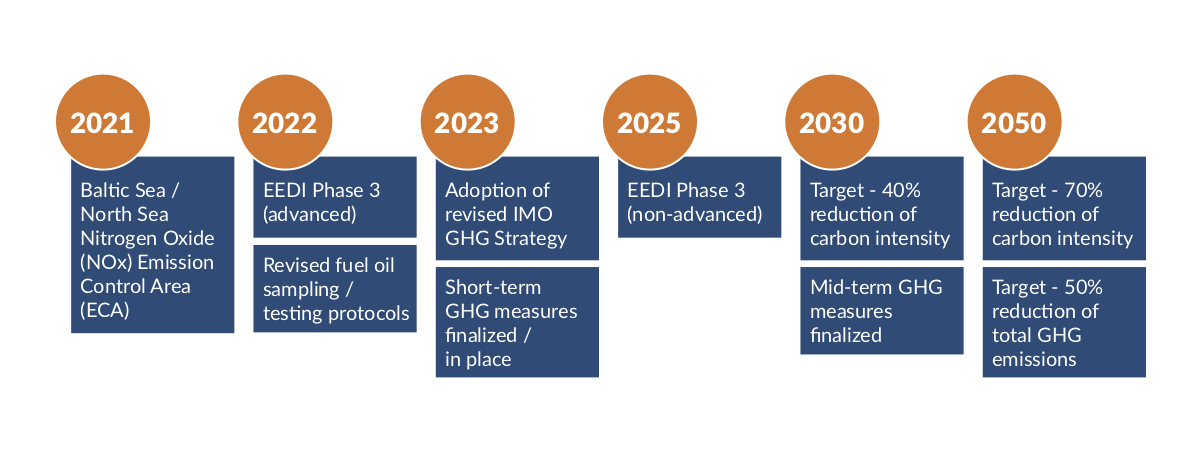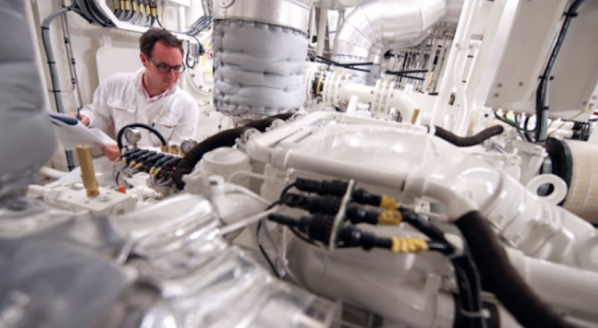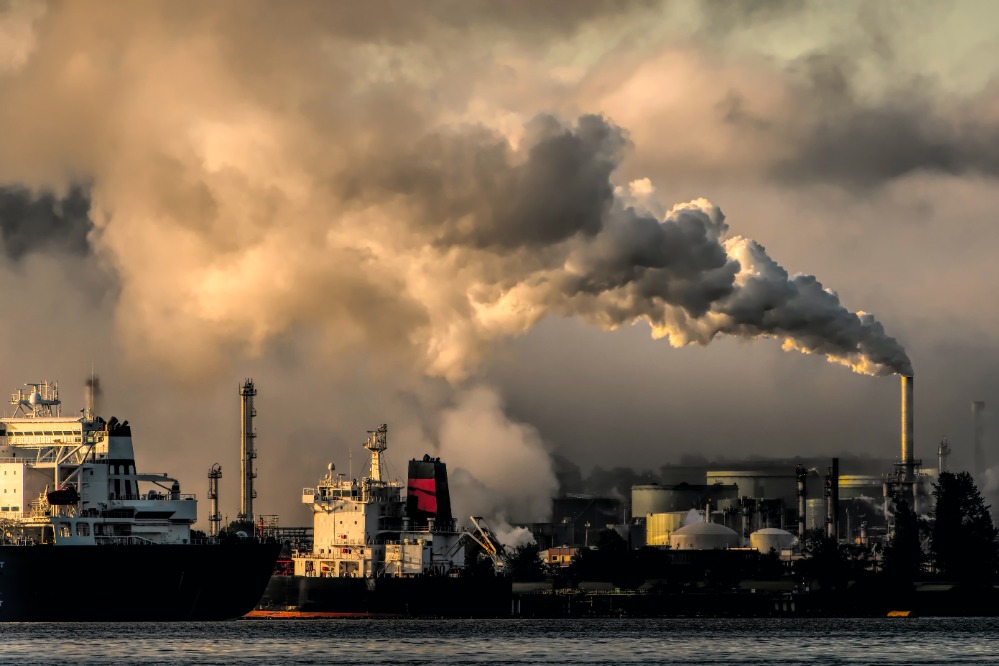Greener yachts and shipping: a look over the horizon
IRI's Marc Verburg on a shifting regulatory landscape and the growing environmentalist imperative…
New short-term decarbonisation measures were developed by the International Maritime Organisation (IMO) at its Intersessional Working Group on Reduction of Greenhouse Gas (GHG) Emissions in October 2020. These measures aim to reduce shipping’s carbon intensity, a focus of the Initial IMO Strategy on reducing GHG emissions from ships.
Most attention is being paid to large merchant ships in the continued development of energy efficiency regulations, such as the Energy Efficiency Design Index (EEDI), because they account for a significant proportion of energy consumed. While not included in the EEDI framework, it is clear the yachts of the future will be much more fuel efficient and probably powered by new fuel types or technologies. This is due to the aspiration of all industry stakeholders – from the owners through to the managers, builders, designers and financiers – to build and run less energy intensive yachts and because yachts may be subject to future measures under the International Convention for the Prevention of Pollution from Ships (MARPOL) Annex VI.
Initiatives such as the Yacht Club of Monaco and Credit Suisse’s Superyacht Eco Association (SEA) Index, which was launched in September 2020, is testimony to this aspiration. Based on the IMO’s EEDI methodology, but amended for superyachts, the SEA Index focuses on the levels of carbon dioxide emissions and allows for an assessment as to how a particular yacht is meeting environmental objectives compared to its peers.
The Republic of the Marshall Islands (RMI) Registry is responsible for one of the world’s largest commercial fleets. At the end of October 2020, 4,802 ships were flying the RMI flag, 624 of which are yachts. International Registries, Inc. and its affiliates (IRI), which provides administrative and technical support to the RMI Maritime and Corporate Registries, has invested heavily in its resources, including its technical, marine safety and regulatory experts, to support the diversity of vessels registered in the RMI.
The dedicated yacht and regulatory teams help ensure that the latest IMO requirements are practically applied in a manner consistent with yachting operations. Therefore, the RMI IMO delegation, which is active in negotiating and developing new regulations in the key sub-committees and working groups, is able to competently address and bring to the discussion the needs of large commercial vessels and yachts.
The yachting industry is very much part of the IMO regulatory framework and will inevitably be impacted by the environmental regulations coming down the track for commercial shipping. Crucially, it is not enough to be instrumental in the development of the regulations. They must be implemented as intended, but in a pragmatic way.
What is coming up at the IMO? Key regulatory milestones that may also have an impact on yachts:
Baltic Sea and North Sea emission control areas (ECAS)
Marine diesel engines installed on vessels constructed on or after 1 January 2021 will be required to meet the most stringent weighted NOx emission limits specified under MARPOL Annex VI (Tier III) when operating in the Baltic and North Seas. This is in addition to the previously designated sulphur oxide (SOx) ECAs.
Fuel oil sampling and testing protocols
Amendments on fuel oil sampling and testing were approved at the 75th session of the IMO Marine Environment Protection Committee (MEPC) to further address the consistent implementation of the 0.5 per cent fuel oil sulphur content standard. The amendments now recognise fuel oil “in-use” and “on-board” sampling for verifying compliance with regulatory limits. Entry into force will occur on 1 April 2022.
Safety-related aspects associated with the use of fuel oil
Another product of the work on consistent implementation of the 0.5 per cent fuel oil sulphur content standard relates to potential safety concerns associated with the use of new fuel blends. The IMO Maritime Safety Committee (MSC) is developing mandatory measures to enhance ship safety when using fuel oil. Flashpoint has been prioritised as a critical parameter, but other fuel oil safety parameters will also be addressed.
In the meantime, interim recommendations (Resolution MSC.465(101)) encourage Member States to notify the IMO of confirmed instances where fuel oil was delivered exceeding the minimum flashpoint requirements of the International Convention for the Safety of Life at Sea (SOLAS). In addition, amendments to mandate reporting and establish verification protocols for fuel oil safety related parameters are under development. These SOLAS amendments are intended to complement the MARPOL Annex VI requirements on fuel oil quality.
Profile links
Marshall Islands Yacht Registry (International Registries, Inc.)
NEW: Sign up for SuperyachtNewsweek!
Get the latest weekly news, in-depth reports, intelligence, and strategic insights, delivered directly from The Superyacht Group's editors and market analysts.
Stay at the forefront of the superyacht industry with SuperyachtNewsweek
Click here to become part of The Superyacht Group community, and join us in our mission to make this industry accessible to all, and prosperous for the long-term. We are offering access to the superyacht industry’s most comprehensive and longstanding archive of business-critical information, as well as a comprehensive, real-time superyacht fleet database, for just £10 per month, because we are One Industry with One Mission. Sign up here.
Related news

10 steps to IMO compliance and beyond
Cyberprism’s group technical director, Keith Chappell, outlines why prudent cyber risk management is an act of maturity, while avoiding a race to the bott
Technology

IMO Tier III deadline - now just nine months away
We ask the industry what is in place and what is left to be done
Technology

The drawback of low-sulphur fuel
The increasingly low sulphur content in fuels can cause the severe corrosion of fuel tanks on board
Crew
Related news
10 steps to IMO compliance and beyond
5 years ago
The drawback of low-sulphur fuel
6 years ago
NEW: Sign up for
SuperyachtNewsweek!
Get the latest weekly news, in-depth reports, intelligence, and strategic insights, delivered directly from The Superyacht Group's editors and market analysts.
Stay at the forefront of the superyacht industry with SuperyachtNewsweek




